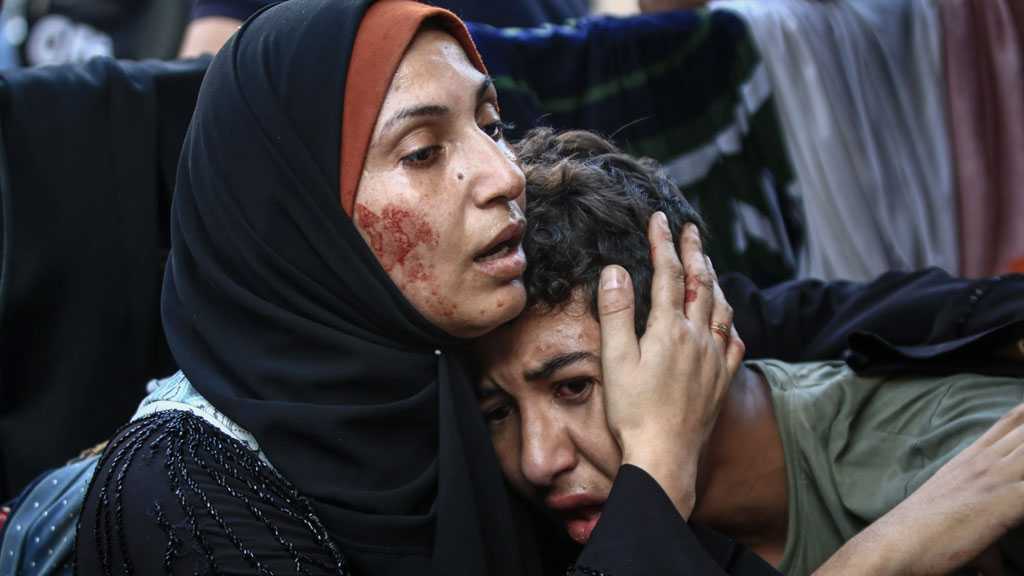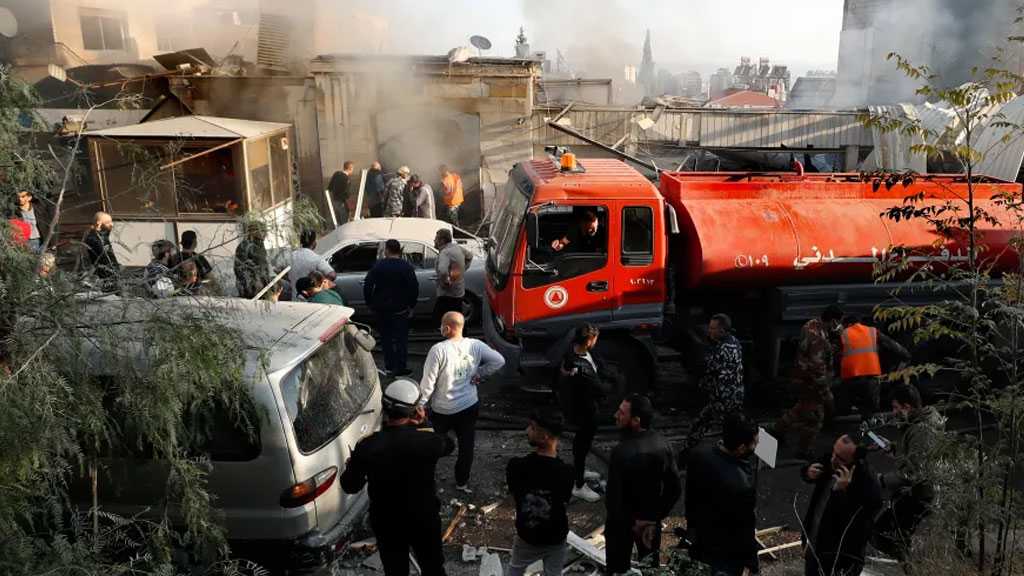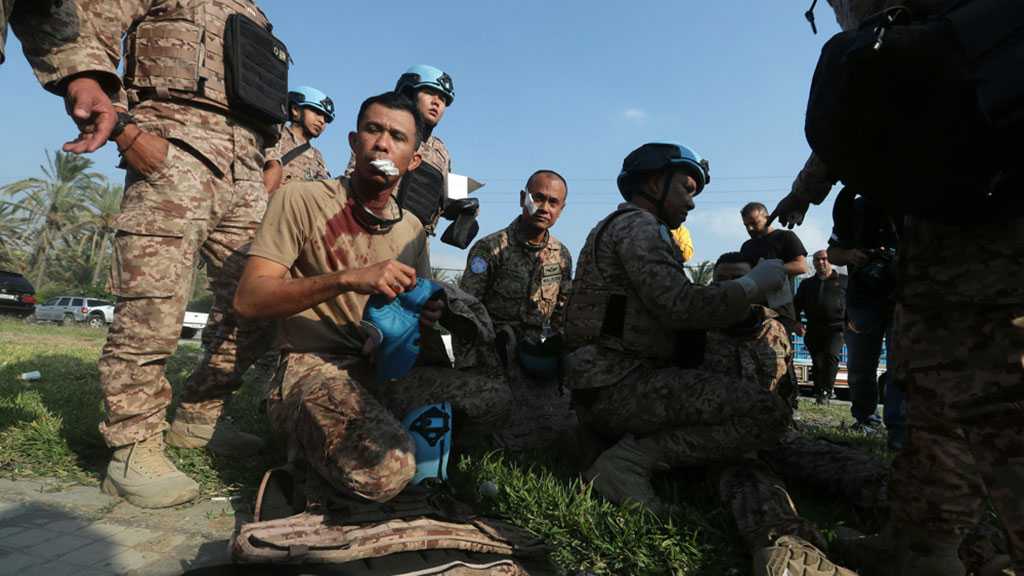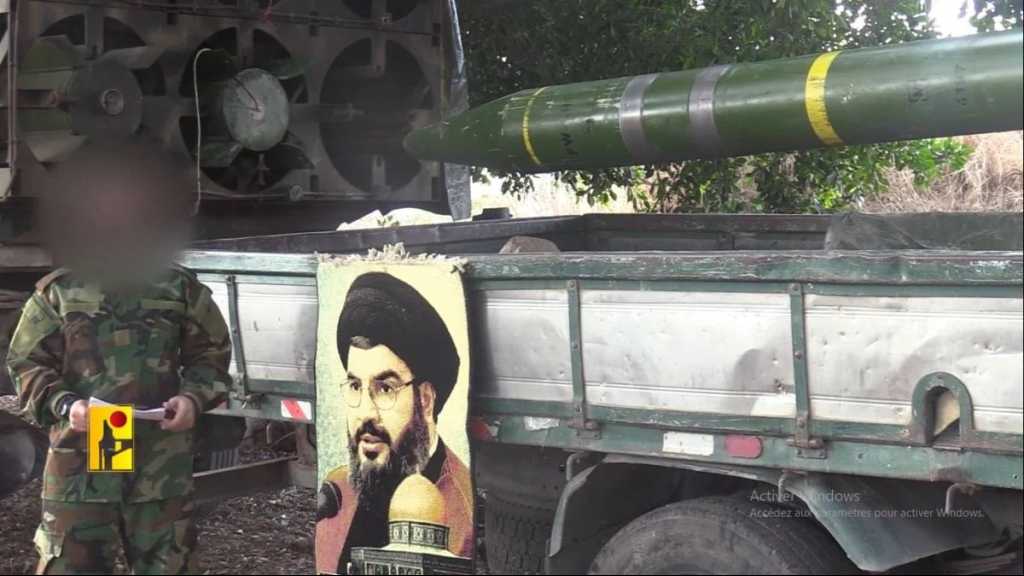Road to Saudi Ties with ‘Israel’ Being Paved, Cautiously
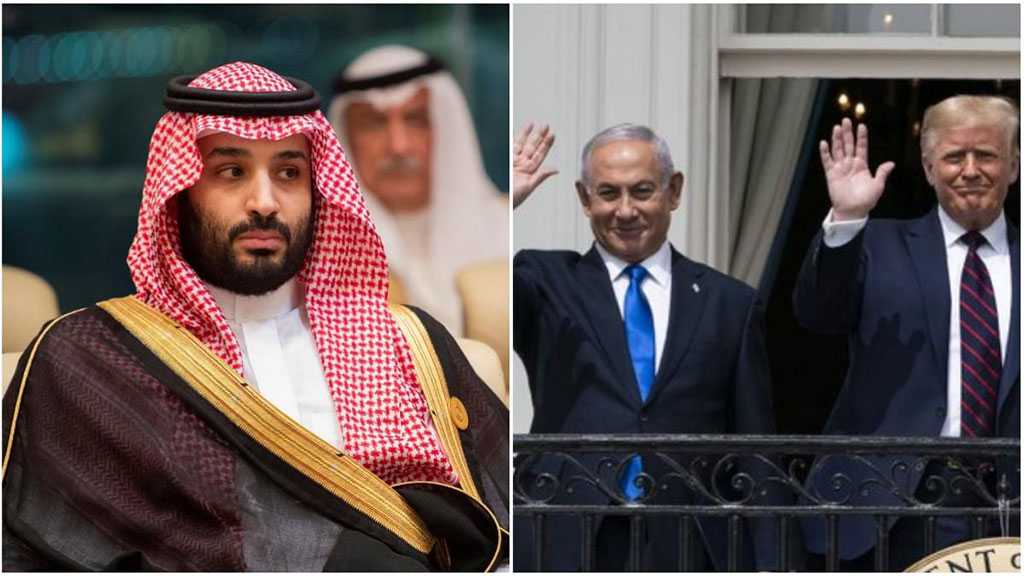
By Staff, AP
Although Saudi Arabia has made its official position on the region's longest-running conflict clear, claiming that full ties between the kingdom and the Zionist entity can only happen when ‘peace’ is reached with the Palestinians, state-backed Saudi media and clerics are signaling change is already underway with ‘Israel.’
It is a matter that can only happen under the directives of the country's heir, Crown Prince Mohammed bin Salman [MBS].
"It's no secret there's a generational conflict," said New York-based Rabbi Marc Schneier, who serves as an advisor to Bahrain's king and has held talks in Saudi Arabia and other Gulf countries to promote stronger ties with the ‘Israeli’ entity.
Gulf capitals have been increasingly looking to the Palestine-occupier entity as an ally to defend against common rival Iran amid quiet concerns about the direction of US foreign policy and the uncertainty around the upcoming presidential election. But it's not only countering Iran that's brought ‘Israel’ and Arab states closer in recent years.
The rabbi said the former Saudi ambassador to the US, Prince Khalid bin Salman, told him that the top priority of his brother, MBS, is reforming the Saudi economy.
"He said these exact words: 'We will not be able to succeed without ‘Israel’.' So for the Saudis, it's not a question of 'if,' it's a question of 'when.' And there's no doubt that they will establish relations with ‘Israel’," Schneier said.
Prominent Saudi royal, Prince Turki al-Faisal, insisted that "any talk of a rift between the king and the crown prince is mere speculation."
"We've seen none of that," said the prince, who served for years as head of intelligence and briefly as ambassador to the US.
In a phone call with US President Donald Trump on September 6, King Salman repeated his commitment to the Arab ‘Peace’ Initiative, according to the state-run Saudi Press Agency. The initiative offers ‘Israel’ normal ties with Arab states in return for Palestinian statehood on territory the Zionist entity occupied in 1967 — a deal that starkly contradicts the Trump administration's Middle East so-called ‘Deal of the Century’.
When the White House announced last month the United Arab Emirates and ‘Israel’ agreed to establish full diplomatic ties — a move matched by Bahrain weeks later — Saudi Arabia refrained from criticizing the deal or hosting summits condemning the decision, despite Palestinian requests to do so.
It also approved the use of Saudi airspace for ‘Israeli’ flights to the UAE, a decision announced the day after Jared Kushner, Trump's son-in-law and senior adviser, met with Prince Mohammed in Riyadh. Kushner has been pushing Arab states to normalize ties with the Zionist entity.
Prince Turki said Arab states should demand a high price for normalizing ties with ‘Israel.’ He said ‘Israel’ remains "the stumbling block in all of these efforts."
Relatively, Raghida Dergham, a longtime Arab columnist and co-chair with Prince Turki of the Beirut Institute Summit in Abu Dhabi, said younger generations in the Middle East want normality rather than a confiscation of ambitions and dreams.
"They want solutions not a perpetuation of rejection," said Dergham, whose Beirut Institute e-policy circles have tackled questions about the future of the region and its youth.
When the UAE-‘Israel’ deal was announced in August, the top trending hashtag on Twitter in Saudi Arabia was against normalization with ‘Israel.’ Still, public criticism in Saudi Arabia, the UAE and Bahrain has largely been muted, in part because these governments suppress free speech.
"It is very hard to get accurate data, even when polling people," said Yasmine Farouk, a visiting scholar at the Carnegie Endowment for International Peace.
Farouk said public opinion on ‘Israel’ in Saudi Arabia is diverse and complex, with opinions varying among different age groups and among liberals and conservatives. She said there is an effort to prepare the Saudi public for change and to shape public debate around ‘Israel.’
As Saudi Arabia prepares to mark its 90th National Day on Wednesday, clerics across the country were directed to deliver sermons about the importance of obeying the ruler to preserve unity and peace.
Earlier this month, the imam of the Grand Mosque in Mecca, Sheikh Abdul Rahman al-Sudais, delivered another state-backed sermon on the importance of dialogue in international relations and kindness to non-Muslims, specifically mentioning Jews.
He concluded by saying the Palestinian cause must not be forgotten, but his words caused a stir on social media, with many seeing the remarks as further evidence of the groundwork being laid for Saudi-‘Israeli’ ties.
The English-language Saudi daily, Arab News, which has been featuring op-eds by rabbis, changed its social media banner on Twitter this past Friday to say "Shana Tova," the Jewish New Year greeting.

